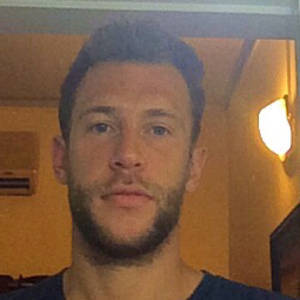Knee-deep patrol
During the night attention soon shifted from nearby gunshots to a huge storm that caught us by surprise. It lasted for hours - rumbling, cascading, flashing. Torrential downpours that dripped into the tent through sheer volume of water. Lightning crunched through my head at one point and I was worried branches from the mango tree above would pin me inside my tent. So I slept fitfully whenever the noise abated with a half-hearted arm over my head; a position that would protect precisely nothing if a branch was to crash down.
Everything was dripping wet by morning. With some hot tea in our bellies we walked into the forest, part of our reconnaissance of the area with a view to supporting the Wildlife Service to re-establish their post and operations. Aside from the old uniforms they stand up in the rangers have nothing whatsoever, except for a plastic tub to collect water. All equipment was all either commandeered by rebels or destroyed when the army flushed the rebels out. The value of contents in my washbag is worth infinitely more than anything currently found at the ranger post, a place which is supposed to manage one of South Sudan's protected areas.
The forest is special and we're looking forward to protecting the wildlife once more. In the rainy season and especially after a heavy storm, the forest turns into streams that we had to wade through. Red-tailed monkeys and bird-eating spiders were the wildlife spotted. Two local men were travelling the forest path to Congo to collect palm oil. Otherwise, no signs of human activity.
Back towards the village nearest the Game Reserve the road has been mashed up in the last two months by our fast-increasing nemesis: the teak industry. Powerful tractors fell teak and transport it to where it is loaded into trucks, which is destroying the forest tracks. This is now happening at both of our main project sites.
Before we left we scared a young child called Dominic who may have never before seen a white person, and we gave Batista a lift to the next main village of Naandi, where he needed to buy some bicycle spokes.
We arrived at the county town of Nzara as a staging post ahead of the second Game Reserve that we'll try and reach tomorrow. It never fails to amaze how quickly night falls and how in South Sudan there is virtually zero light pollution except for our head torches. At night things are quieter than they would have been a few years ago as people fear insecurity and have no cash to enjoy a few tipples at the local watering hole.

Comments
Sign in or get an account to comment.


